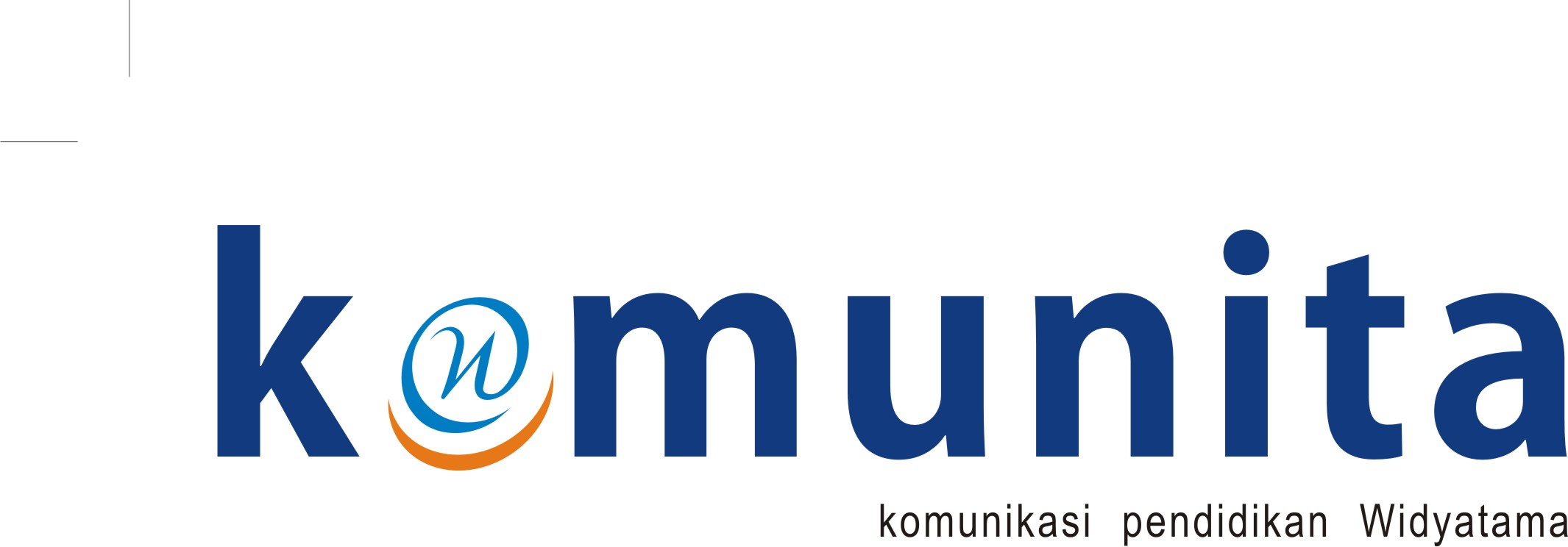In 1989, the Higher Education in Europe journal, Vol. XIV, No. 2, explored the theme “The Advent of Artificial Intelligence in Higher Education,” marking a pivotal moment in discussions about the role of Artificial Intelligence (AI) in higher education. This edition featured an article titled “The New Information Technologies and The Role of Artificial Intelligence in Their Development” by Germogen S. Pospelo, which highlighted the transformative potential of AI, envisioning computers capable of “reasoning” like humans, processing natural language, and performing complex tasks with minimal user expertise. Over three decades later, AI has evolved from theoretical promise into a powerful force shaping all aspects of life, including education.
Yet, alongside optimism about its potential, there is an equally urgent need to address its ethical and social implications.
AI has achieved remarkable advancements, from visual recognition and speech synthesis to knowledge representation, accumulation, and manipulation across various purposes. However, its development raises critical questions about alignment with human values and educational principles such as ethics, integrity, and responsibility.
From a technical standpoint, AI systems are vulnerable to biases. If AI is trained on datasets reflecting social inequalities, these systems risk perpetuating—or even exacerbating—those disparities. Cathy O’Neil, in her 2016 book Weapons of Math Destruction, warned that poorly designed algorithms could reinforce social injustices. Morally, the responsibility for AI technology lies with its developers, yet their neutrality often proves elusive. Without careful oversight, AI systems may prioritize efficiency over ethical considerations, posing risks to societal values. To mitigate these risks, collaboration among technologists, ethicists, legal experts, and civil society is vital. Governments and international organizations must also establish robust policies to ensure AI serves humanity positively and responsibly.
The potential and impact of AI in higher education are substantial. AI can transform learning processes, foster academic integrity, and reshape the skills required for future employment. UNESCO’s 2019 working paper, Artificial Intelligence in Education: Challenges and Opportunities for Sustainable Development, emphasized AI’s role in enhancing personalization, equity, and education management systems. Universities are adapting to these changes by integrating AI-powered tools, such as personalized learning platforms and data-driven systems for academic management. While AI holds the promise of more inclusive and effective education, it also necessitates critical reflection on its ethical implications.
Thus, integrating AI into higher education brings significant challenges, including: Public Policy: Developing comprehensive policies to align AI with sustainable development goals. Inclusivity: Ensuring equitable access to AI-powered education for all. Educator Readiness: Training educators to effectively use AI while ensuring AI systems understand educational contexts. Data Quality: Establishing inclusive, high-quality data systems. Research: Conducting extensive research on AI’s implications for education. Ethics and Transparency: Upholding ethical standards in data collection, usage, and dissemination.
Despite these challenges, AI offers opportunities to automate administrative tasks, personalize learning, and enhance accessibility for students, including those with disabilities. It also supports multidisciplinary research by processing vast datasets, driving innovation across various fields.
AI in education is a double-edged sword. While it provides innovative solutions to improve efficiency and academic outcomes, it also demands vigilance to safeguard core values such as academic freedom, integrity, and privacy. Universities must establish clear guidelines, ensure rigorous training, and foster an ethical culture in AI utilization. With a balanced approach, AI can elevate global education quality while upholding its fundamental values.
As we navigate this transformative era, higher education institutions must lead by example. AI should complement, not replace, the core values of education—creativity, integrity, and responsibility. By embracing adaptive measures and promoting ethical practices, universities can pioneer sustainable AI applications that benefit society at large.
This is the challenge and opportunity awaiting higher education: to expand access, enhance quality, and ensure the sustainability of education for future generations.
Vivat Widyatama, Vivat Civitas Academica, Vivat Indonesia, and our beloved Nusantara. (lee-@i)
Redaksi – Lili Irahali

